SS2. 10 Most Dangerous Diseases in Today's Society
In today's world, the most dangerous diseases often surprise us. While the media tends to focus on the fast-acting, incurable diseases, a significant number of fatalities worldwide are caused by chronic, slow-progressing diseases. According to the World Health Organization (WHO), a large portion of global deaths are linked to preventable conditions, highlighting the importance of public health measures and individual lifestyle choices.
In 2015, an estimated 56.4 million people died worldwide, and nearly 68% of these deaths were attributed to chronic diseases. While some factors—like genetics or environmental influences—are unavoidable, there are still steps we can take to reduce the risk of developing many of these conditions. In this article, we will explore the top 10 causes of death worldwide and provide useful insights on prevention, based on the most recent research and data.
1. Ischemic Heart Disease (Coronary Artery Disease)

Ischemic heart disease (IHD), also known as coronary artery disease (CAD), is the leading cause of death globally. This condition occurs when the blood vessels that supply blood to the heart become narrowed due to plaque buildup, resulting in reduced blood flow. If untreated, CAD can lead to chest pain, heart failure, and arrhythmias.
Risk Factors for Ischemic Heart Disease:
-
High blood pressure
-
High cholesterol
-
Smoking
-
Family history of heart disease
-
Diabetes
-
Obesity
Prevention:
-
Exercise regularly to keep the heart healthy.
-
Maintain a healthy weight and balanced diet rich in fruits and vegetables.
-
Avoid smoking and drink alcohol only in moderation.
2. Stroke

A stroke occurs when an artery in the brain becomes blocked or leaks, causing brain cells to die due to lack of oxygen. A stroke can result in sudden numbness, confusion, difficulty walking, and vision problems. It is a leading cause of long-term disability.
Risk Factors for Stroke:
-
High blood pressure
-
Family history of stroke
-
Smoking, especially when combined with birth control pills
-
Gender (women have a higher risk)
-
African American descent
Prevention:
-
Control high blood pressure with medication and lifestyle changes.
-
Quit smoking and adopt a heart-healthy diet.
-
Exercise regularly to improve circulation and overall heart health.
3. Lower Respiratory Tract Infections

Lower respiratory tract infections, which include conditions like pneumonia, influenza, bronchitis, and tuberculosis, are among the most common causes of death globally. They can be caused by viruses or bacteria and are often more severe for vulnerable populations such as children, the elderly, or those with weakened immune systems.
Risk Factors:
-
Influenza (flu)
-
Poor air quality or exposure to irritants
-
Smoking
-
Weakened immune system
-
Crowded environments, such as child care facilities
Prevention:
-
Get a flu shot every year.
-
Practice good hygiene, like washing hands frequently.
-
Stay home and rest when feeling unwell to prevent the spread of infection.
4. Chronic Obstructive Pulmonary Disease (COPD)
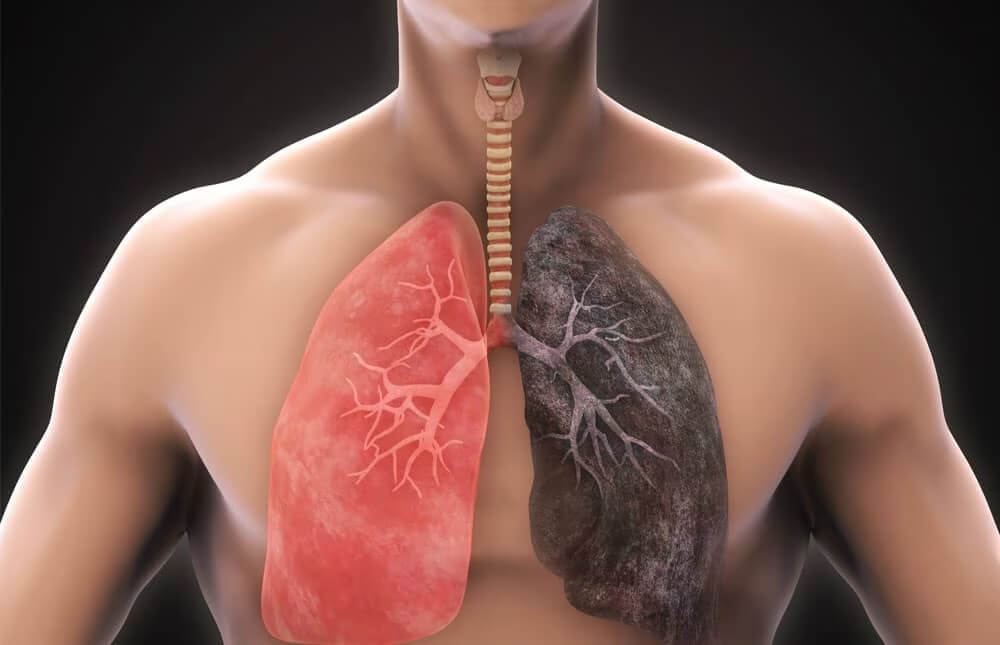
Chronic obstructive pulmonary disease (COPD) is a progressive lung disease that makes it difficult to breathe. Conditions like chronic bronchitis and emphysema are common forms of COPD. It is often linked to long-term exposure to harmful substances, such as tobacco smoke.
Risk Factors for COPD:
-
Smoking or exposure to secondhand smoke
-
Lung irritants, such as chemical fumes and dust
-
Family history of COPD
-
Childhood respiratory infections
Prevention:
-
Stop smoking to prevent further lung damage.
-
Avoid exposure to lung irritants like chemicals and dust.
-
Regularly visit a doctor for monitoring lung function.
5. Trachea, Bronchial, and Lung Cancer
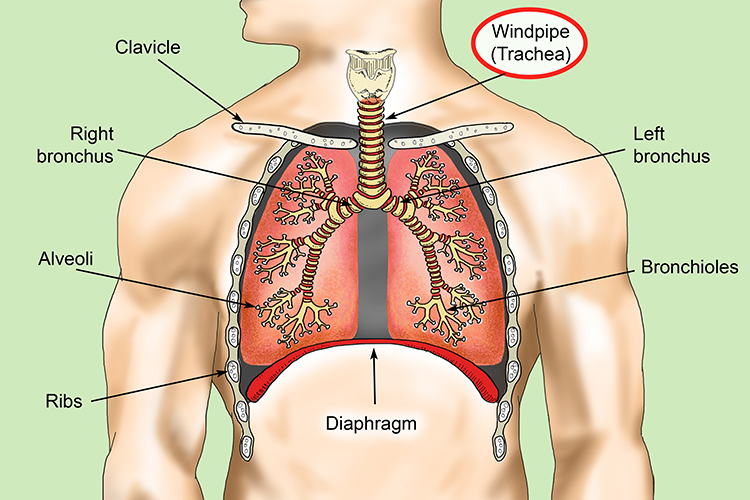
Lung cancer, affecting the trachea, bronchial tubes, and lungs, is the leading type of cancer worldwide. The primary causes are smoking, exposure to secondhand smoke, and environmental pollutants. In developing countries, the continued use of coal for cooking increases the risk of lung cancer, especially among women.
Risk Factors for Lung Cancer:
-
Smoking and tobacco use
-
Exposure to air pollution, including environmental toxins
-
Family history of lung cancer
-
Long-term exposure to diesel fumes and workplace chemicals
Prevention:
-
Avoid smoking and exposure to secondhand smoke.
-
Limit exposure to environmental pollutants by staying in clean environments.
-
Get regular screenings if you are at high risk.
6. Diabetes
Diabetes, a group of diseases affecting insulin production or use, is a significant health concern globally. Type 1 diabetes involves the inability of the pancreas to produce insulin, while Type 2 diabetes occurs when the body cannot use insulin effectively. Type 2 diabetes is more prevalent and can be exacerbated by poor lifestyle choices.
Risk Factors for Diabetes:
-
Excess body weight
-
High blood pressure
-
Older age
-
Lack of exercise
-
Unhealthy diet high in processed sugars and fats
Prevention:
-
Exercise regularly to maintain a healthy weight.
-
Eat a balanced diet rich in fiber, fruits, and vegetables.
-
Monitor your blood sugar levels and seek medical guidance if needed.
7. Alzheimer’s Disease and Other Dementias
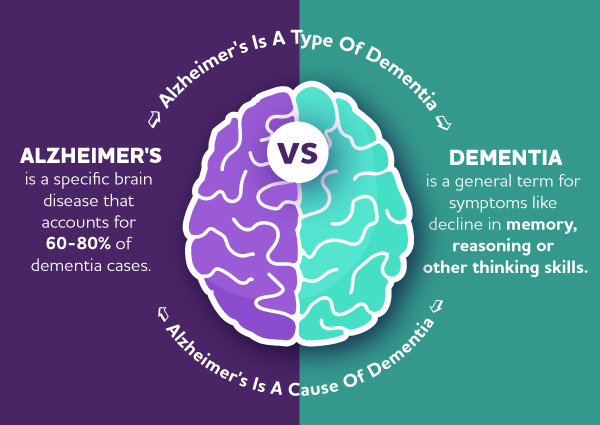
Alzheimer’s disease is the most common form of dementia, leading to memory loss and a decline in cognitive functions. It is a progressive disease that affects mental processes, including thinking, reasoning, and behavior.
Risk Factors for Alzheimer’s:
-
Age (over 65)
-
Family history of Alzheimer’s
-
Inheriting specific genes
-
Head injuries or long-term brain trauma
Prevention:
-
Heart-healthy diet rich in fruits, vegetables, and good fats.
-
Mental stimulation through cognitive exercises and lifelong learning.
-
Social engagement to combat isolation and loneliness.
8. Dehydration from Diarrhea

Diarrhea, especially when persistent, can cause severe dehydration, leading to death if untreated. It is particularly dangerous for children under five, with around 760,000 deaths annually from diarrheal diseases. It is caused by bacterial or viral infections, often transmitted through contaminated water or food.
Risk Factors for Diarrhea:
-
Poor sanitation
-
Lack of access to clean water
-
Malnutrition
-
Weakened immune systems
Prevention:
-
Practice good hygiene by washing hands frequently.
-
Ensure access to clean water and improve sanitation.
-
Breastfeeding infants for immunity and proper hydration.
9. Tuberculosis (TB)
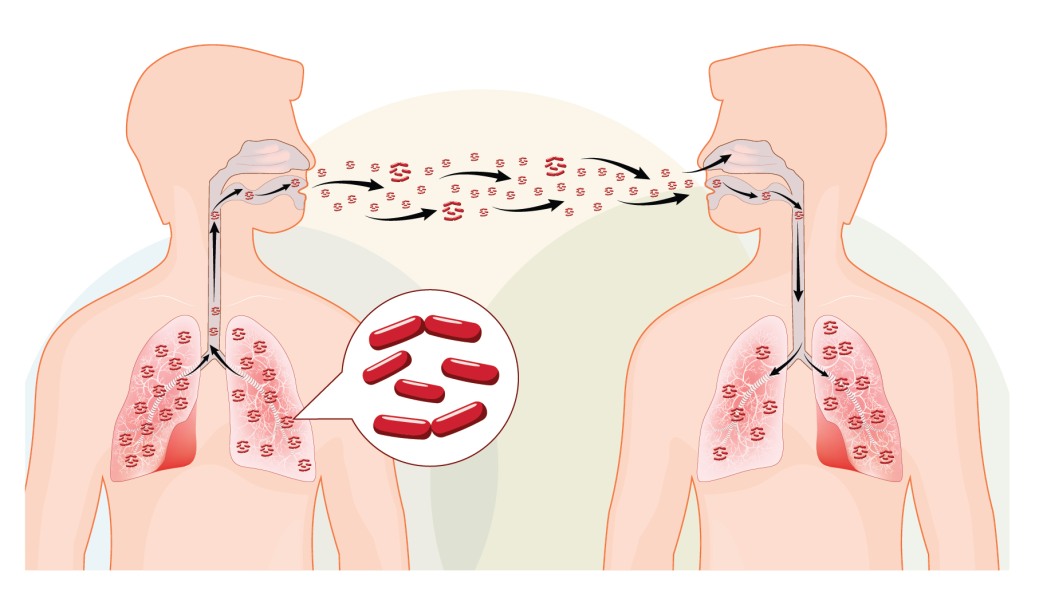
Tuberculosis (TB) is an infectious disease caused by Mycobacterium tuberculosis, primarily affecting the lungs. Although treatable, some strains of TB are resistant to conventional treatments. TB remains one of the most significant causes of death among those with HIV.
Risk Factors for TB:
-
HIV infection
-
Diabetes
-
Close contact with infected individuals
-
Poor nutrition
Prevention:
-
Vaccination with the BCG vaccine.
-
Early diagnosis and treatment with chemoprophylaxis.
-
Good ventilation and avoiding crowded areas.
10. Cirrhosis

Cirrhosis is the result of chronic liver damage, often caused by hepatitis, alcohol abuse, or fatty liver disease. The liver becomes scarred over time, impairing its ability to function properly. Without treatment, cirrhosis can lead to liver failure and death.
Risk Factors for Cirrhosis:
-
Chronic alcohol use
-
Viral hepatitis
-
Non-alcoholic fatty liver disease
-
Obesity and poor diet
Prevention:
-
Limit alcohol consumption.
-
Eat a balanced diet rich in fruits and vegetables.
-
Get vaccinated against hepatitis B.
Conclusion
Many of the most dangerous diseases in today’s society are preventable through healthy lifestyle choices, regular medical check-ups, and early intervention. While some conditions are linked to unavoidable factors like genetics or age, many others are influenced by personal behaviors, access to healthcare, and environmental factors. By understanding the risk factors and prevention strategies for these diseases, we can significantly reduce the global burden of illness and improve overall public health.
Sources:
Related articles
The Latest
PP4. Older Women Love Getting It From the Back...see more
As women age, conversations around sexual health, body awareness, and personal well-being often fade into the background. Yet, for many women over 50, the journey of self-discovery and intimacy is just beginning. And there’s one unexpected factor that plays a ...
PP2. Older Women Love Getting It From the Back...see more
As women age, conversations around sexual health, body awareness, and personal well-being often fade into the background. Yet, for many women over 50, the journey of self-discovery and intimacy is just beginning. And there’s one unexpected factor that plays a ...
PP1. Older Women Love Getting It From the Back...see more
As women age, conversations around sexual health, body awareness, and personal well-being often fade into the background. Yet, for many women over 50, the journey of self-discovery and intimacy is just beginning. And there’s one unexpected factor that plays a ...
PP4. JOKE OF THE DAY: Thanksgiving Jokes That'll Have You Stuffed with Laughter
Thanksgiving — the holiday we all look forward to for good food, family, and a touch of humor. The perfect time to make memories, share laughter, and maybe escape from a few awkward conversations. Whether you're spending the day with ...
PP2. JOKE OF THE DAY: Thanksgiving Jokes That'll Have You Stuffed with Laughter
Thanksgiving — the holiday we all look forward to for good food, family, and a touch of humor. The perfect time to make memories, share laughter, and maybe escape from a few awkward conversations. Whether you're spending the day with ...
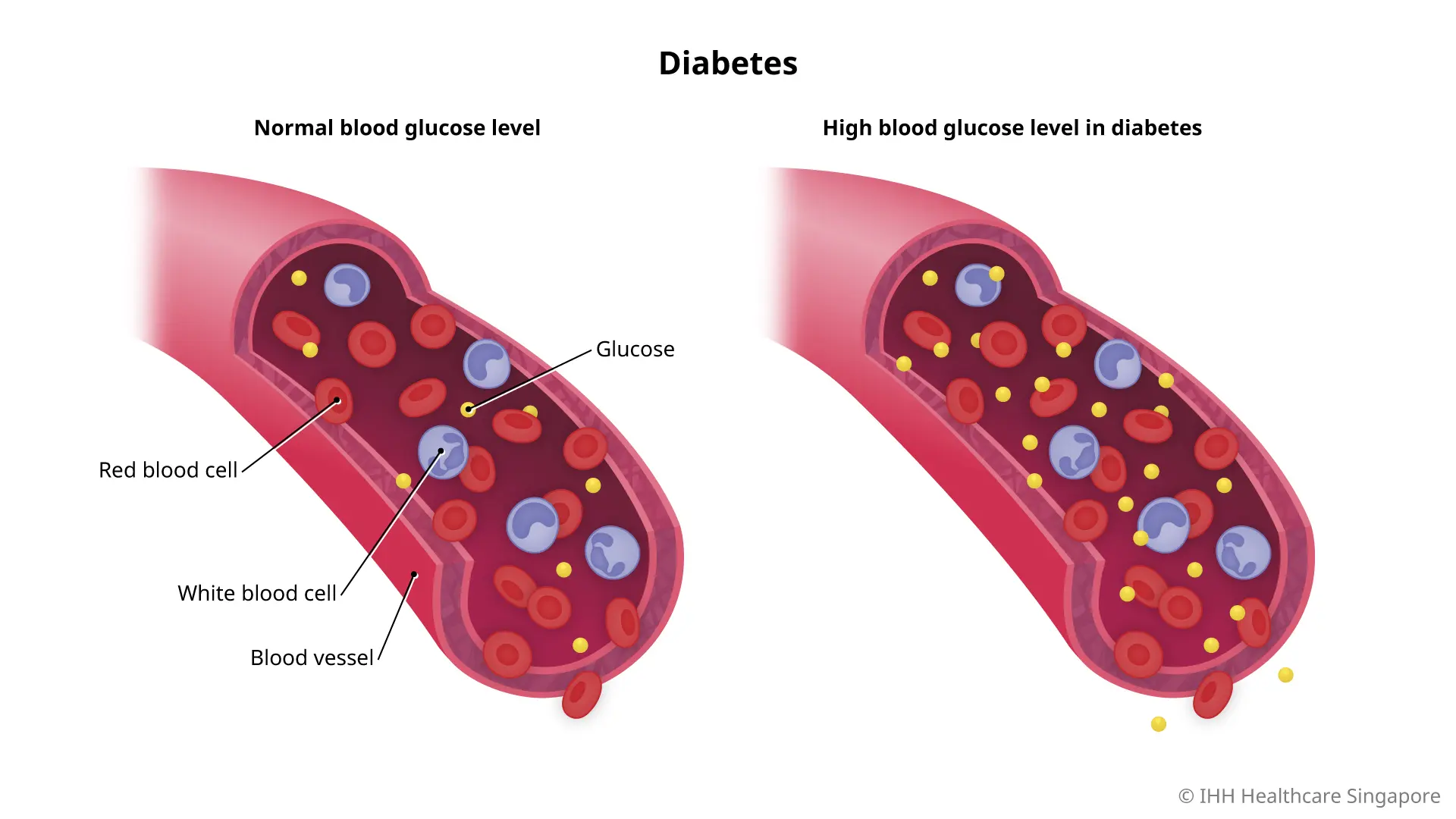
 P4. A man wakes up with small bubbles on his finger – After examining him, doctors called the police
P4. A man wakes up with small bubbles on his finger – After examining him, doctors called the police P3. Before going to sleep, there is one kitchen appliance that you must unplug at all costs to avoid a fire!
P3. Before going to sleep, there is one kitchen appliance that you must unplug at all costs to avoid a fire! P4. Men feel more pleasure when a woman’s VAG*NA is…See more
P4. Men feel more pleasure when a woman’s VAG*NA is…See more F. How to Deepen Intimacy and Emotionally Satisfy Your Partner: 13 Proven Tips
F. How to Deepen Intimacy and Emotionally Satisfy Your Partner: 13 Proven Tips









